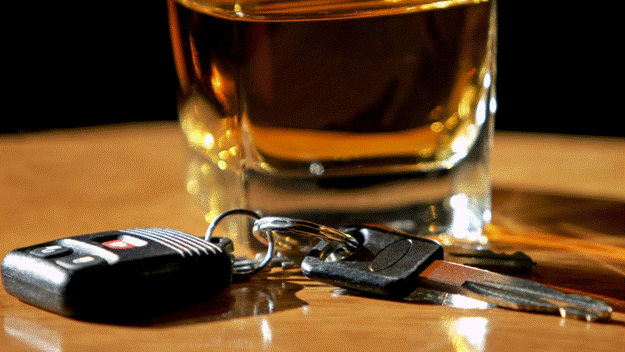
“Operating While Intoxicated” and “Driving Under the Influence,” or OWI and DUI, mean the same thing. Some states call the offense OWI whereas others call it DUI. Indianapolis, like some other states such as Michigan, calls it OWI and not DUI, but both terms can be used interchangeably as there’s no difference.
OWI is a charge that can be brought against a driver who has been drinking and then gets behind the wheel of their vehicle. The penalties for this crime include fines, jail time, and license suspensions.
If you are convicted of operating while intoxicated in Indianapolis, you may face up to 180 days in jail and a $1,000 fine. A driver who is convicted of operating while intoxicated may also lose his or her license for one year or more.
If you are charged with OWI, it’s important to consult with an attorney who is a practicing Indiana DUI lawyer. An attorney will be able to explain how your case will be handled by the prosecutor and how it will affect your life after the case is settled.
What happens if you get an OWI?
OWI stands for operating while intoxicated. The law is pretty clear in its definition:
“Operating a motor vehicle while intoxicated” means the actual physical control or operation of a motor vehicle, boat, or other conveyance by a person who is under the influence of alcohol or a controlled substance or who is otherwise in violation of Indiana law.
OWI is one of the most common traffic violations in Indiana. It’s a Class A misdemeanor, which means you may face jail time and fines if convicted.
While drunk driving is a serious offense, OWI arrests are also very common. In fact, there were nearly 24,000 OWI arrests in the state last year alone!
If you’ve been arrested for OWI in Indianapolis, it’s important to know your rights and how to fight your charge. It also helps to know about the DUI checkpoints Indianapolis beforehand.
Indiana law defines OWI as operating a vehicle while intoxicated. This means that, even if you don’t think you were intoxicated if you were impaired by alcohol or drugs and had an accident, you could still be charged with OWI.
If you are convicted of a first-offense OWI, the penalties will depend on your blood alcohol content (BAC) and whether or not you have any other charges. The penalty for a first-offense OWI is a fine of up to $1,000, jail time ranging from 30 days to 180 days, and license suspension ranging from 6 months to 2 years.
The penalties for a second offense OWI are more severe. The fine increases to $2,000 and the jail time increases to 60 days and 1 year for a BAC of .15% or higher. The license suspension stays at 6 months but you can lose it sooner if you’ve been convicted before.
A third offense OWI with an elevated BAC will mean an additional period of incarceration depending on your prior offenses and criminal history:
- If there are no prior convictions: 3 months in prison
- If there were prior convictions: 6 months in prison
The penalties increase for each additional offense, so someone with three convictions faces an automatic felony conviction on the fourth offense.
What to do if I’m arrested for OWI in Indiana?
If you are arrested for OWI, you should consult an experienced criminal defense lawyer. An experienced criminal defense attorney can help you understand what to expect and what legal options are available to fight the charges.
It is important to understand that an OWI charge can have significant consequences and can impact your ability to drive and other privileges. If convicted of an OWI, you will be required to complete a driver’s license suspension period. If you have a commercial driver’s license (CDL), this suspension may extend beyond the period of your license suspension for other offenses. The length of each license suspension will depend on the number of prior convictions and the nature of those convictions.
If convicted of an OWI, you may also be subject to mandatory jail time which could include up to six months in jail or prison depending on your prior driving record and any aggravating circumstances related to your case.
OWI is a subjective crime. This means that each case will be decided on its own merits, and there are no set rules or guidelines that govern how the police should act in any particular situation.
In general, an OWI charge requires that you be arrested for the offense and charged with it. You can be arrested for an OWI even if you are not driving, but this is not always the case. If you get caught driving with a blood alcohol content (BAC) of .08% or higher, it is likely that your license will be suspended until you go through treatment and complete a rehabilitation program.
Wrapping up
If you have questions about your rights as an accused person, or how to handle your case, contact an experienced DUI lawyer as soon as possible. An attorney may be able to negotiate a plea deal with the prosecutor so that you can avoid having a criminal record if convicted of this charge.
- Don’t panic.
- Think about who was drinking and how much they were drinking.
- If it’s your first OWI, or if you have a clean record, consider asking for a lower charge.
- Get legal help as soon as possible. Your best bet is to hire someone from a reputable law firm such as Stracci Law Group.
- It also helps to know about the DUI checkpoints.








